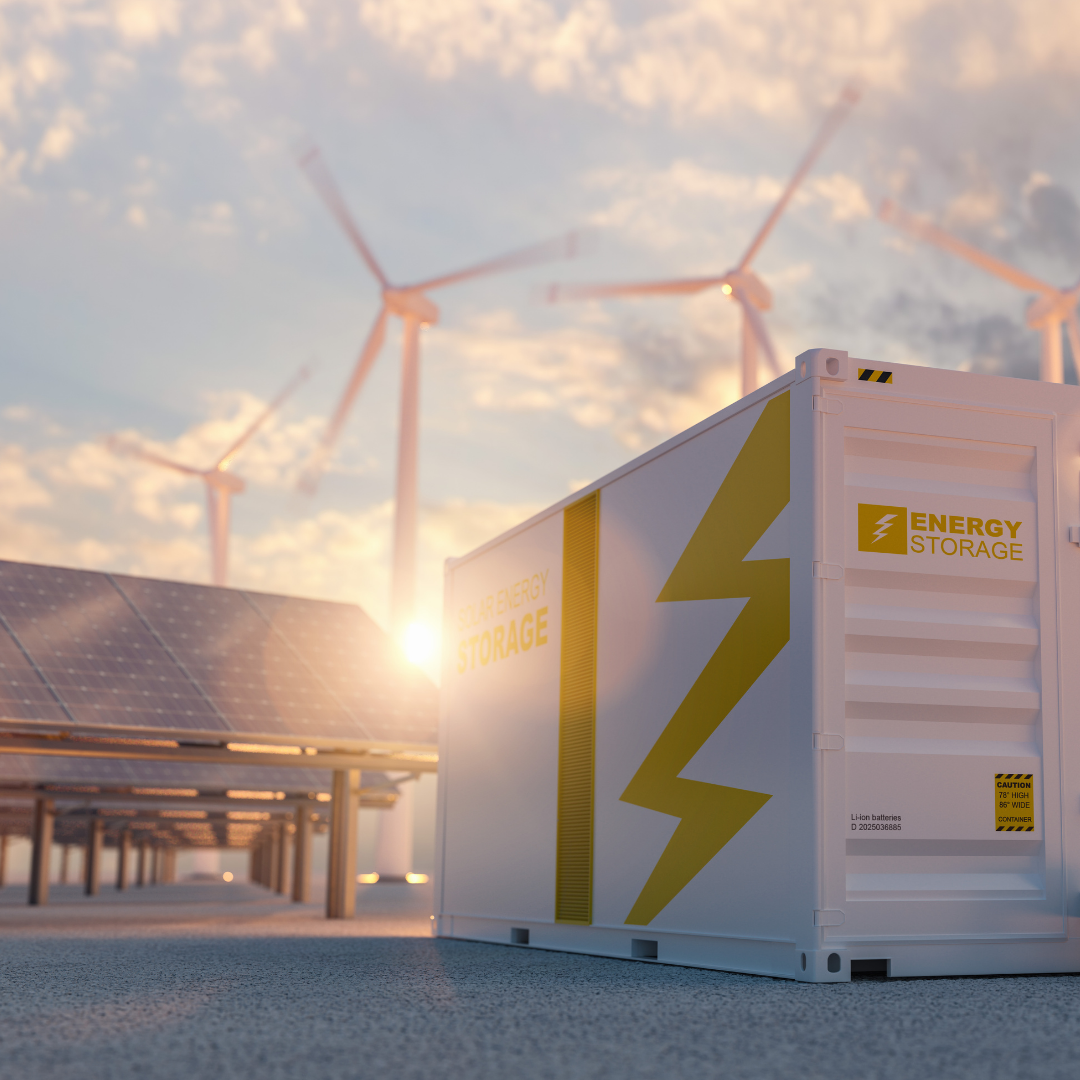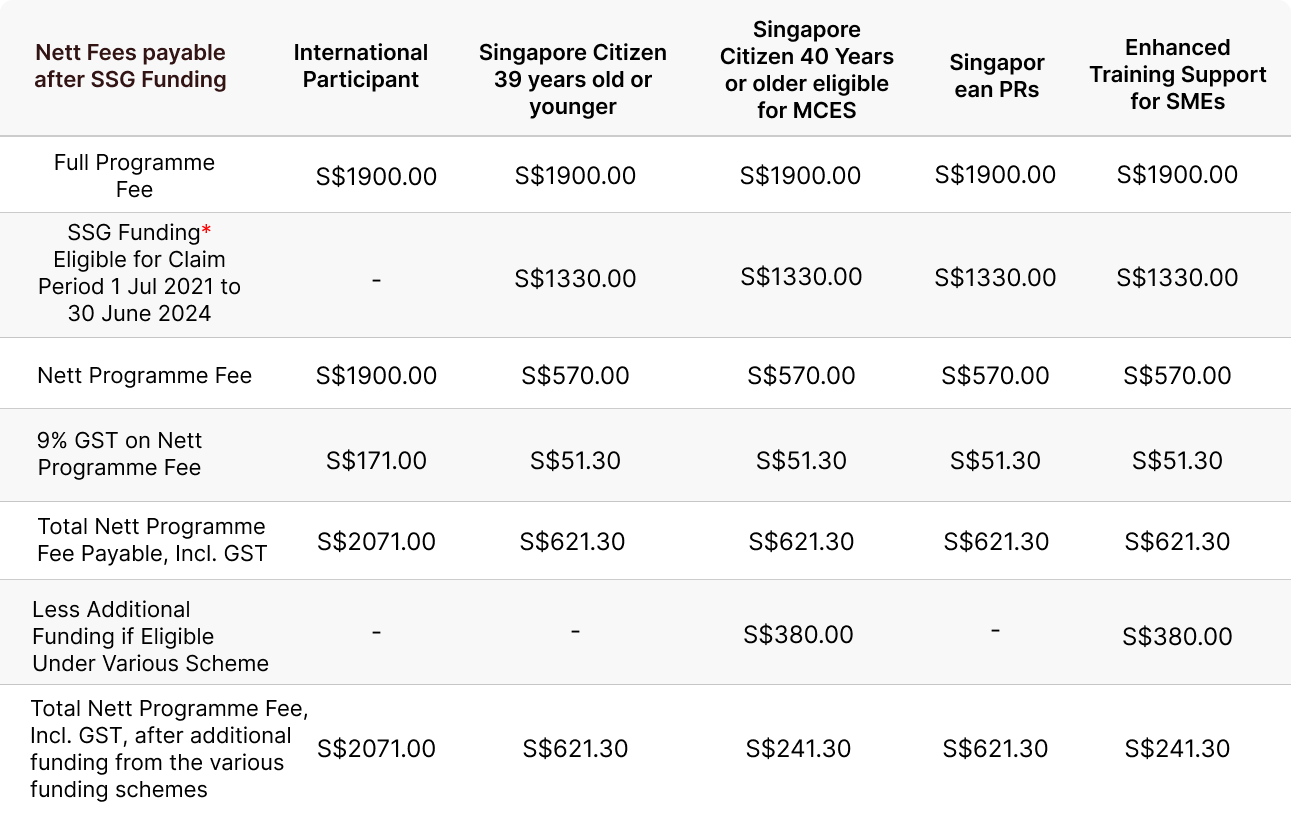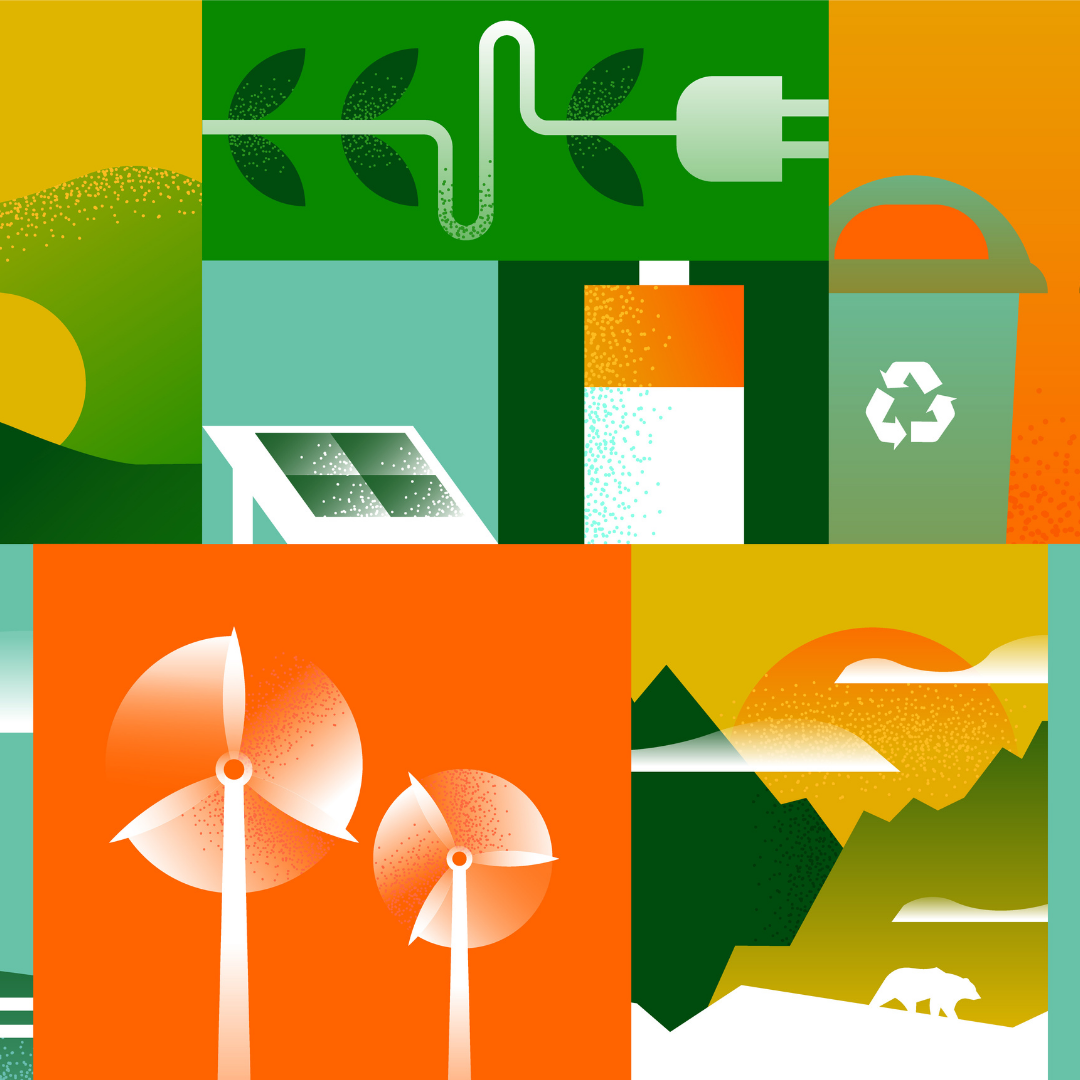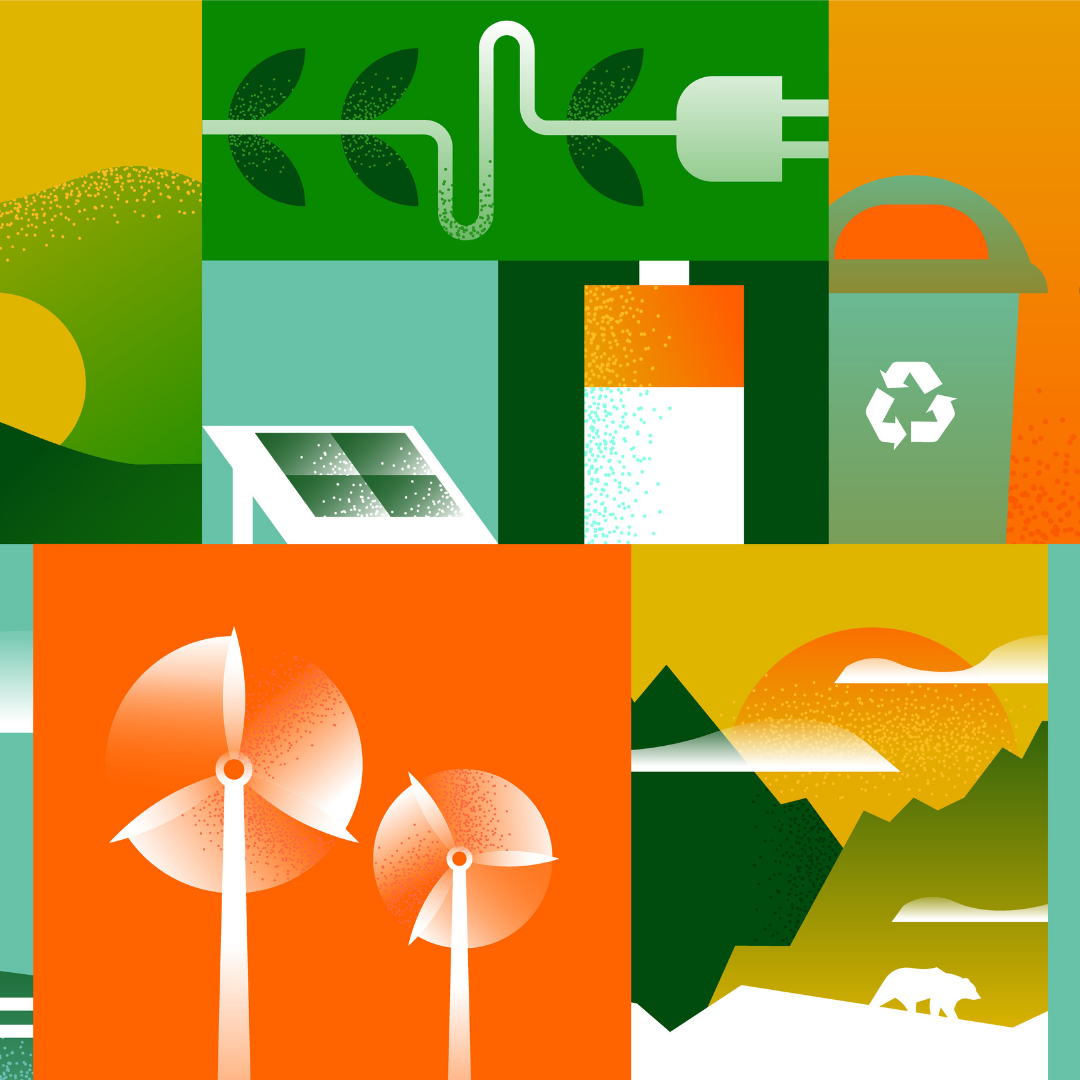
Energy Storage for Green Technologies
Date: To be confirmed
Duration: 15 Hours
Mode Of Delivery: Face-to-Face
Tuition Fees: S$1900.00 (Before GST)

What You Will Learn
Who Will Benefit
- Postgraduate/Bachelor/Diploma holders or equivalent qualifications, OR - Relevant work experience in science or engineering background
Instructor

Assoc Professor Palani Balaya
Prof. Palani Balaya, after earning his degree from Hyderabad University in 1993, worked at IISc Bangalore and in Mumbai before joining Stuttgart's Max Planck Institute to research Nano-ionics. He's been with NUS since 2007, focusing on lithium-ion and sodium-ion batteries. He served as a Journal of Solid-State Electrochemistry editor and has received multiple international recognitions, including being elected as an Academician by the World Academy of Ceramics and a Fellow of the American Ceramic Society in 2019. Prof. Balaya contributed to the IPCC in 2011 and has 109 published articles with an h-index of 46 and 9394 citations.
Entry Requirements
Research Scientists/Engineers in energy sectors
Available Discounts and Benefits

Notes
Course Code: TGS-2022012286
*Learners must fulfill at least 75% attendance and pass all assessment components, to be eligible for SSG funding.
**Please note that the mode of delivery is subject to change in light of the COVID-19 situation.
Courses marked ‘online’ may have compulsory face-to-face sessions such as laboratory or hands-on components and details should be sought from the schools or departments before learners register for them.
Related Programmes

Understanding Energy Systems for Decarbonisation

Deep Decarbonisation : Principles and Analysis Tools

Understanding Energy Systems for Decarbonisation



